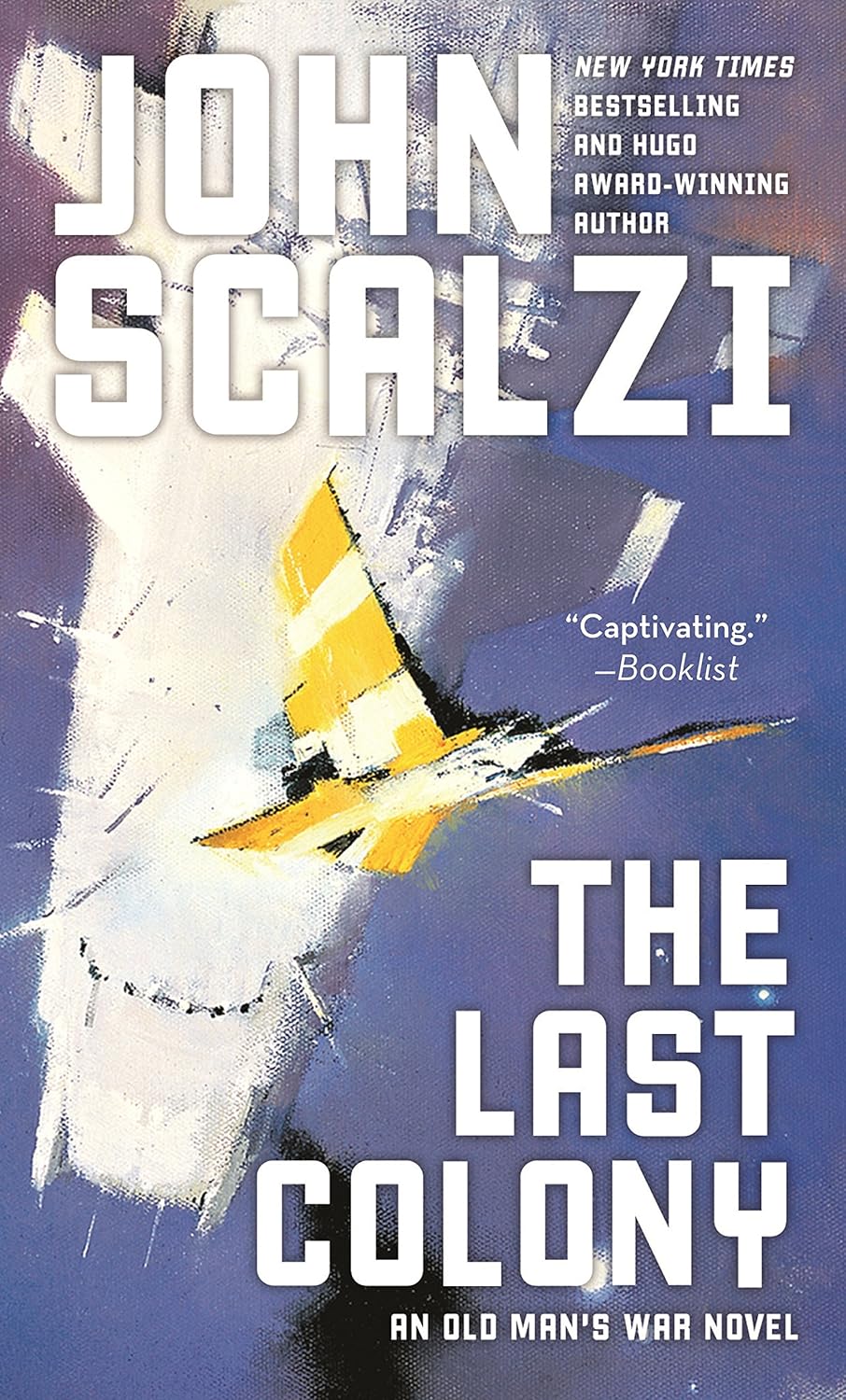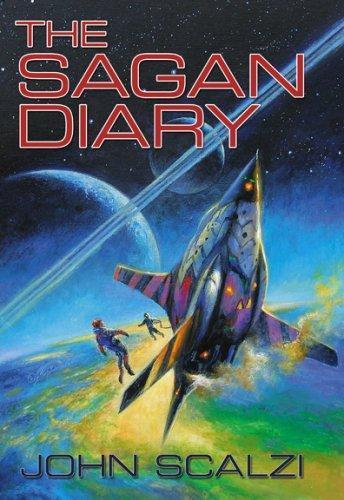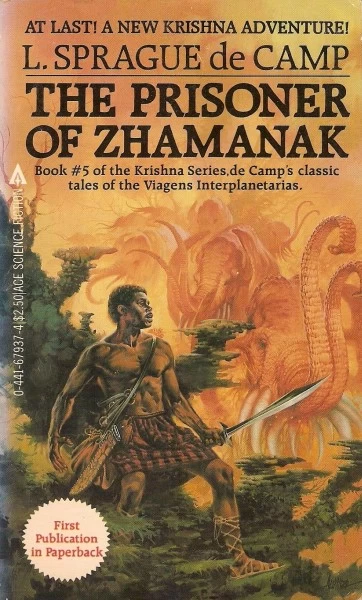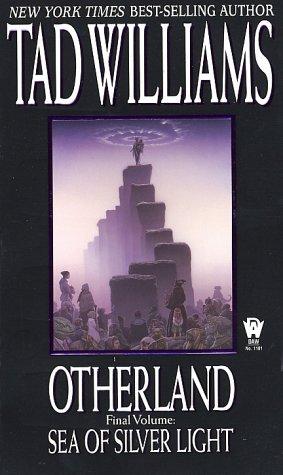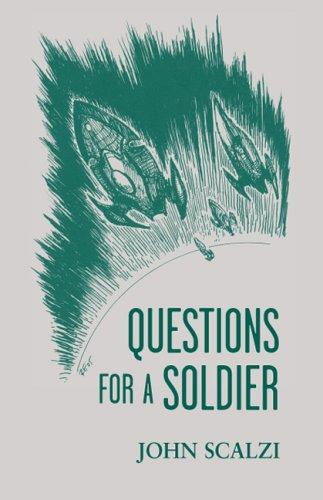MironLiest reviewed Galaga by Michael Kimball
As if William S. Burroughs had decided to write about video games
4 stars
The idea behind Boss Fight Books was always to look at a game from the personal perspective of the author. Some of the books achieve that more successfully, some less. This is one of the successful books.
It's written in part by a scared little boy who tries to escape from an abusive family by immersing in the world of Galaga, in part by his cynical grown-up version who makes up facts to appear interesting, and in part by a serious author who has thoroughly researched the game and presents it along with insights into his life.
The book is organised as 255 "stages", most of them less than a page long, that each tell a bit of that story but are ordered seemingly randomly. It appears as a feverish race between the three personas, as the lines between them blur, but are always just barely pulled straight again …
The idea behind Boss Fight Books was always to look at a game from the personal perspective of the author. Some of the books achieve that more successfully, some less. This is one of the successful books.
It's written in part by a scared little boy who tries to escape from an abusive family by immersing in the world of Galaga, in part by his cynical grown-up version who makes up facts to appear interesting, and in part by a serious author who has thoroughly researched the game and presents it along with insights into his life.
The book is organised as 255 "stages", most of them less than a page long, that each tell a bit of that story but are ordered seemingly randomly. It appears as a feverish race between the three personas, as the lines between them blur, but are always just barely pulled straight again through a cold listing of facts between the more personal and the made-up parts (which Kimball is always honest about, eventually).
It's hard not to get drawn into this narrative, as if William S. Burroughs had decided to write about video games in his cut-up technique. How successful it is largely depends on the reader's willingness to accept the mixture of uncomfortably personal details and lighthearted tidbits – but then, why else would anyone read a book in this series?


